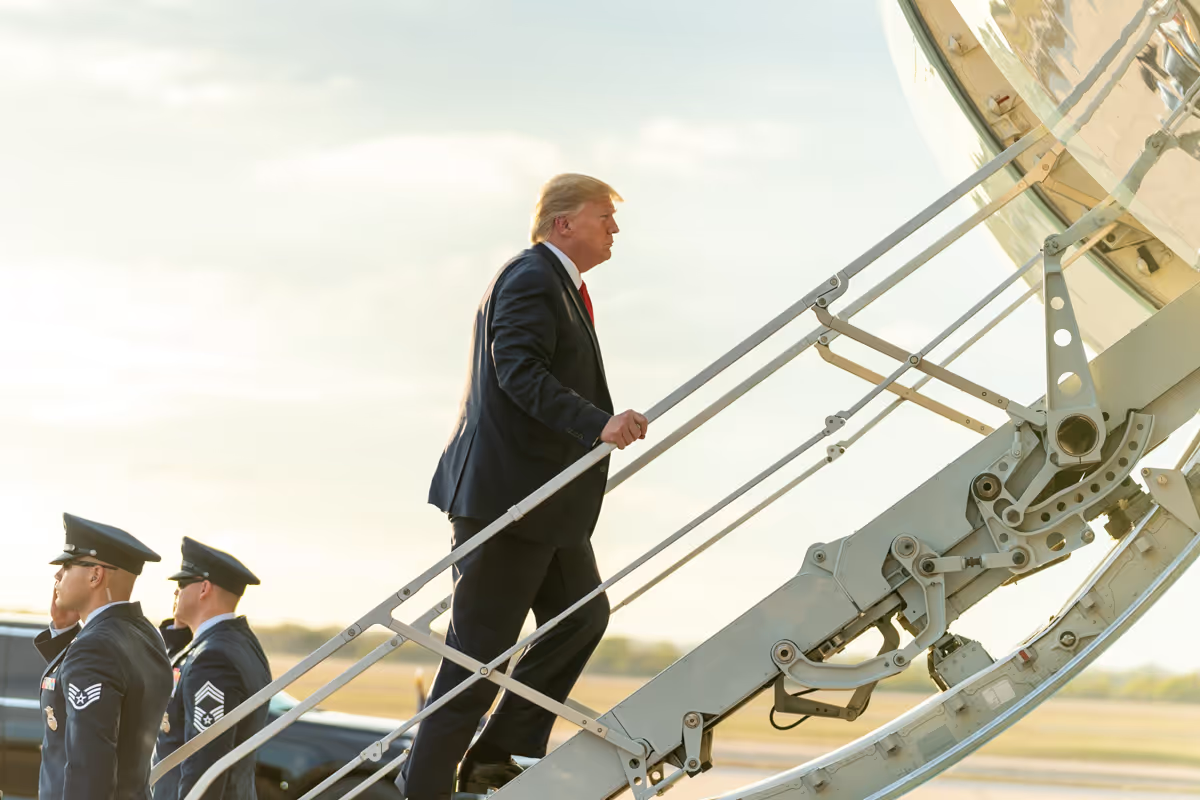Thinktanker Summary
- Bryan Burack at Heritage Foundation writes that the Trump administration's significant foreign policy legacy was its strategic response to China's economic warfare against the U.S., emphasizing the importance of maintaining these measures for deterrence.
- The article asserts that the Biden administration has adopted a less assertive approach, reviving engagement policies with China due to concerns that aggressive economic protections might provoke conflict, which has led to counterproductive security tradeoffs.
Overview:
This article was written by Bryan Burack at the Heritage Foundation.
- The Trump administration's significant foreign policy legacy is its proactive response to China's economic strategies against the United States.
- The Biden administration, although continuing some of Trump's economic and tech policies toward China, has softened its overall approach due to concerns about perceived provocations.
Key Quotes:
- "The Trump administration’s most important foreign policy legacy is its much-needed response to China’s economic warfare against the United States."
- "The Biden administration has watered down its overall approach due to fears that aggressively protecting the U.S. economy may be too provocative."
What They Discuss:
- The contrasting approaches of the Trump and Biden administrations regarding U.S. economic policies towards China, with the former adopting a more antagonistic stance and the latter emphasizing engagement.
- Even while continuing some policies, the Biden administration has taken actions to reassure China, which some view as weakening the U.S. position.
- Concerns from both political spectrums that rigorous economic measures could provoke China into conflict if enforced without a strong military position.
- Arguments against the belief that the U.S. is "strangling" China's economy, pointing out that both nations remain heavily interdependent economically.
- The inevitability of decoupling in critical economic sectors as pushed by the Chinese government itself, which has been preparing to become more self-reliant.
What They Recommend:
- Maintain and continue the economic and technological measures initiated by the Trump administration to reduce dependencies on China.
- Strengthen America’s defense industrial base and address supply chain vulnerabilities to ensure credible military deterrence.
- Acknowledge and prepare for the inevitability of some form of economic decoupling from China, acting from a position of strength.
Key Takeaways:
- The U.S. should continue efforts to reduce reliance on China to maintain national security and economic stability.
- Assertive economic policies are essential to deter Chinese aggression effectively.
- The current U.S.-China relationship dynamic is not akin to the pre-WWII U.S.-Japan scenario in terms of economic measures.
- Decoupling in sensitive sectors is perceived as inevitable and is being actively pursued by China's own policy goals.
- Ensuring America's economic security will make the country more resilient and better positioned to counter China's growing influence.
This is a brief overview of the article by Bryan Burack at Heritage Foundation. For complete insights, we recommend reading the full article.
THINK TANK PROFILE

Washington DC
Founded 1916
An influential Washington-based think tank focusing on global security, defense, and economic policy.
Liberal
Leans Right










